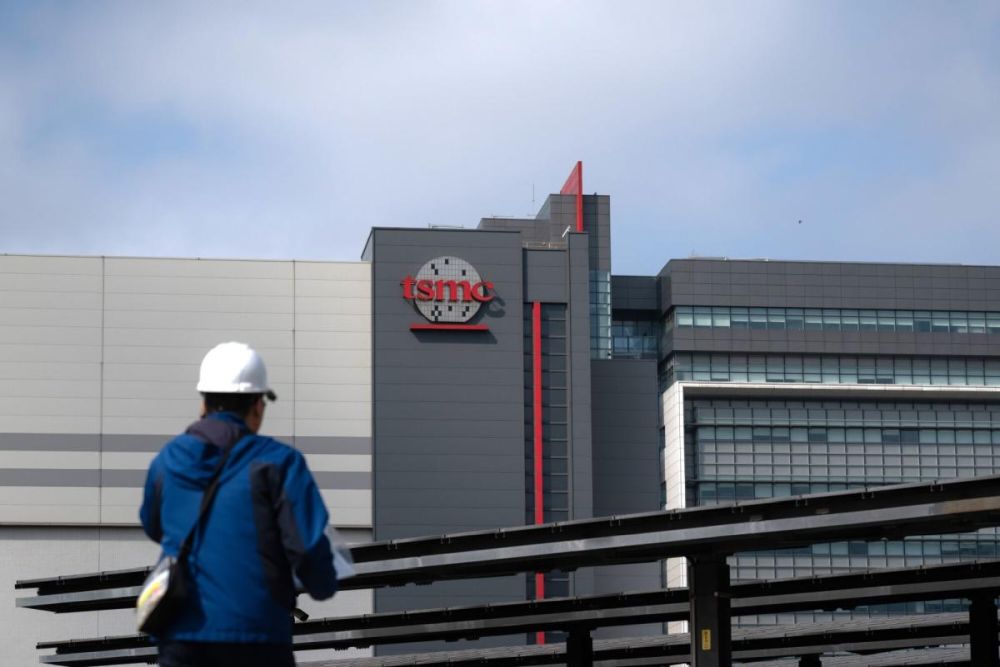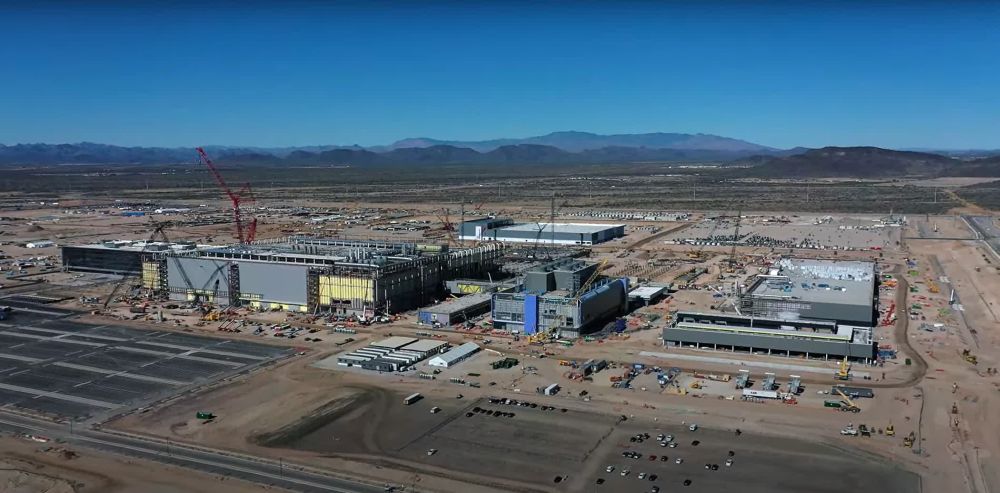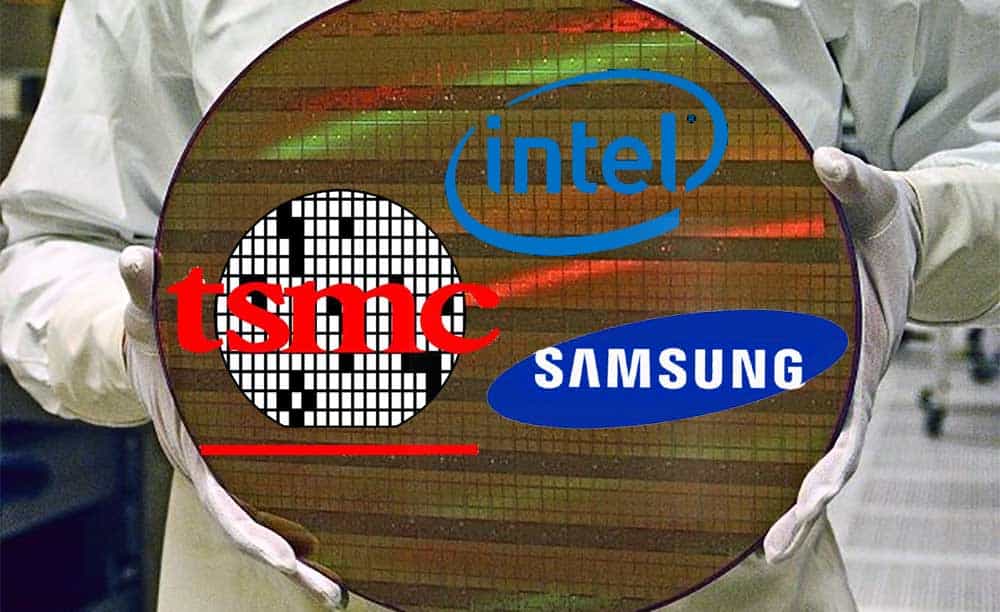TSMC has emerged as a central figure in the global semiconductor industry, primarily because it produces most of the world’s chips through its foundry services. Companies like NVIDIA have increasingly turned to TSMC for their chip manufacturing needs, highlighting a significant shift in the industry where the complexity and cost of building fabs have pushed many towards outsourcing. The expense of constructing a state-of-the-art semiconductor fab has soared, with costs now reaching between $30 to $40 billion, making the foundry model not only financially viable but essential for companies that do not want to bear the full brunt of these investments.

This model, pioneered by TSMC, allows for economies of scale where the pooled demand from various tech giants reduces the cost and risk for each individual company. AMD’s recovery from near bankruptcy by focusing on chip design rather than manufacturing is a testament to this strategy’s success. Taiwan became TSMC’s home due to its unique blend of historical advantages, skilled workforce, and lower startup costs than in places like the U.S., while still offering competitive wages. Intel has faced manufacturing challenges in recent years, but TSMC has maintained strong customer relationships and continued to innovate, keeping it at the forefront of the industry.

The research and development conducted by TSMC, along with Intel and Samsung, essentially shapes the future of semiconductor technology. These companies are where breakthroughs occur, influencing the entire tech ecosystem. However, the semiconductor field isn’t without its geopolitical tensions, particularly with the ongoing competition between the U.S. and China. This rivalry is pushing towards a potential division in technology supply chains, which could lead to a more fragmented global economy and heighten international relations stress.

The implications of this competition are far-reaching, possibly affecting technological advancement, security, and economic policies worldwide. As TSMC continues to lead in semiconductor manufacturing, its role in this global chess game of tech supremacy becomes ever more critical, not just for economic reasons but also for national security and technological sovereignty.

#TSMC #Semiconductors #TechIndustry #ChipManufacturing #Geopolitics
